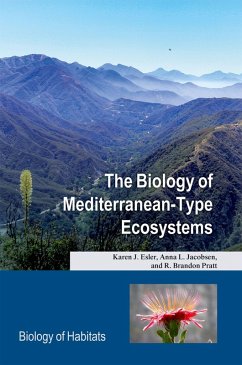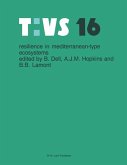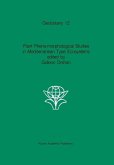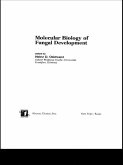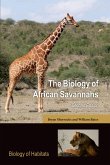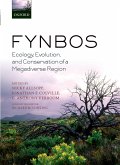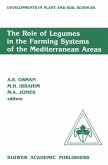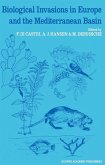The world's mediterranean-type climate regions (including areas within the Mediterranean, South Africa, Australia, California, and Chile) have long been of interest to biologists by virtue of their extraordinary biodiversity and the appearance of evolutionary convergence between these disparate regions. These regions contain many rare and endemic species. Their mild climate makes them appealing places to live and visit and this has resulted in numerous threats to the species and communities that occupy them. Threats include a wide range of factors such as habitat loss due to development and agriculture, disturbance, invasive species, and climate change. As a result, they continue to attract far more attention than their limited geographic area might suggest. This book provides a concise but comprehensive introduction to mediterranean-type ecosystems. It is an accessible text which provides an authoritative overview of the topic. As with other books in the Biology of Habitats Series, the emphasis in this book is on the organisms that dominate these regions although their management, conservation, and restoration are also considered.
Dieser Download kann aus rechtlichen Gründen nur mit Rechnungsadresse in A, B, BG, CY, CZ, D, DK, EW, E, FIN, F, GR, HR, H, IRL, I, LT, L, LR, M, NL, PL, P, R, S, SLO, SK ausgeliefert werden.

